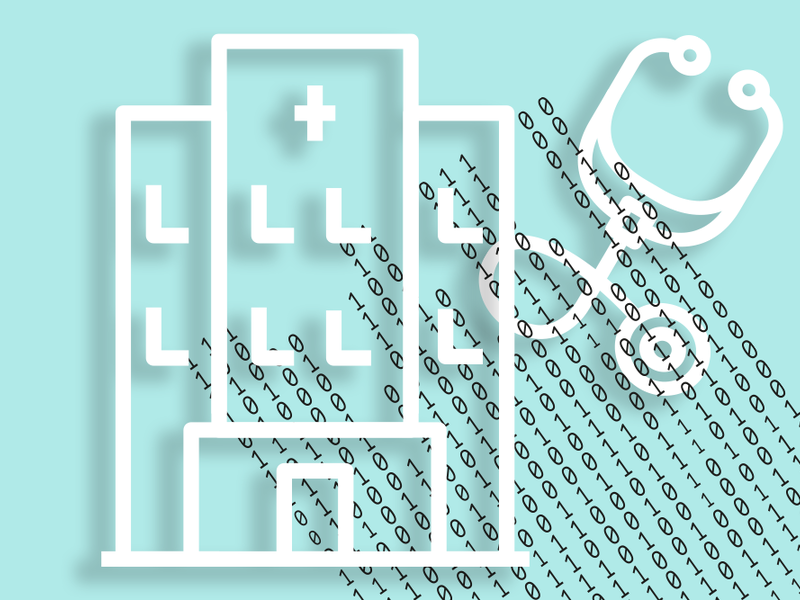
The Centers for Medicare and Medicaid Services is delaying enforcement of an interoperability provision that governs how payers are expected to exchange data with one another, the agency announced Wednesday.
“CMS’ decision to exercise enforcement discretion for the payer-to-payer policy until future rulemaking occurs does not affect any other existing regulatory requirements and implementation timelines outlined in the final rule,” the agency posted to a frequently asked questions webpage late Wednesday. CMS has other regulations it must promulgate before it commences enforcing the rule, the agency said in the notice.
When it takes effect at a later date, the payer-to-payer provision of the interoperability rule will require insurance companies that do business with CMS, including Medicare Advantage carriers and Medicaid managed care organizations, to exchange data at patients’ request. Insurers would also be required to incorporate data they receive from other payers into members’ health record.
The interoperability rule doesn’t’ establish a mechanism or technical specifications for exchanging data, leading multiple payers to raise complaints to CMS.
“CMS required impacted payers to receive data in whatever format it was sent,” the FAQ reads. This “ultimately complicated implementation by requiring payers to accept data in different formats.”
The lack of a data-exchange standard would create challenges during implementation that could lead to poor data quality and increased administrative burden, the CMS said, citing concerns expressed by insurance companies.
CMS and the Office of the National Coordinator for Health Information Technology released companion interoperability regulations last year, but subsequently postponed applying the regulation amid the COVID-19 pandemic. CMS began enforcing provisions of its rule in June.
CMS continues to encourage payers that already have deployed application programming interfaces—protocols that connect various types of software to one another—that use the Fast Healthcare Interoperability Resources, or FHIR, standard to support payer-to-payer data exchange to move forward.
Source link : https://www.modernhealthcare.com/information-technology/cms-delays-enforcement-payer-payer-interoperabilty-rule











